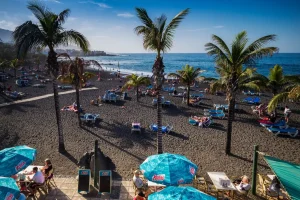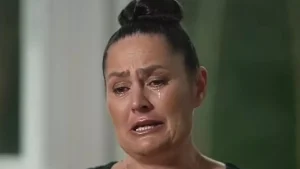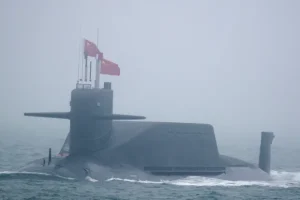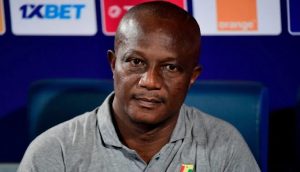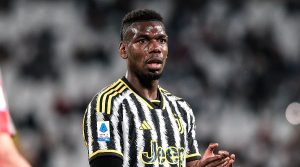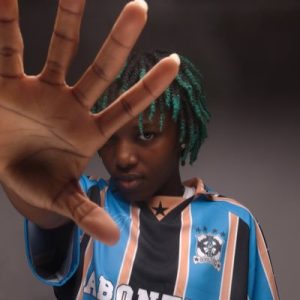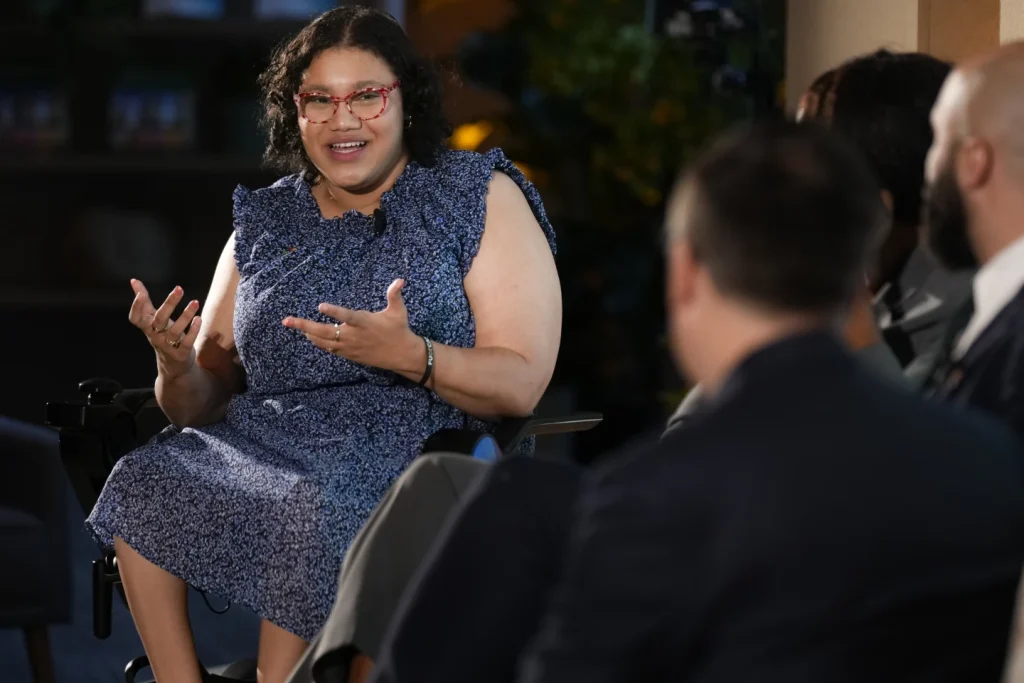
They were sharing the world stage to discuss an arrangement to give youngsters more contribution to choices that impact lives. What’s more, 26-year-old Daphne Frias, conversing with the top of the Unified Countries, had considerations.
“Genuinely, time for individuals accomplish such a great deal of the conversing with do less of the talking,” the incapacity and environment lobbyist told Secretary-General António Guterres. “Furthermore, to have the voices of my age lead.”
Their trade this month, at a leadup occasion to the U.N. General’s gathering of countries’ chiefs, was a proportion of strategy’s age hole.
A major youthful partner is transitioning in a grieved world, and it’s accompanying thoughts regarding consideration, support and authority. Those thoughts are pushing the progressive, regulatory methods of a global request set up when their grandparents were kids or not even conceived.
“My age wrecked with regards to this present reality,” the 75-year-old U.N. chief told Frias and a group of people of activists and others in the immense, coolly exquisite gathering corridor.
The world requirements another age that gets it “we are living to catastrophe” and can turn it around, Guterres said, adding earnestly: “We can’t do that in the event that your age isn’t important for the dynamic cycle that is as yet constrained by my age that screwed up.”
Passing the light can be troublesome
In any case, how to roll out that improvement in a worldwide framework and legislatures to a great extent show to more established individuals, and a Unified Countries that has attempted to draw in the youthful yet at the same time has a few techniques, convention and even engineering reflecting what was “present day” over seventy years prior? Does the U.N. matter, in any case, to an informal community local age with its own method for associating and sorting out across borders, and with a need to get going that scrapes at the speed of intergovernmental concurs?
Marinel Sumook Ubaldo, a 27-year-old Filipina environment dissident, has been engaged with U.N. gatherings and accepts the world body can be an important stage for promotion. Yet, so can grassroots getting sorted out and fabricating public strain outside large associations, Ubaldo says.
“If the U.N. can move from emblematic consideration to really enabling youth with dynamic power and responsibility components, I would agree that it would stay pertinent,” she said. “Yet, in the event that not, youngsters will keep on producing new ways.”
Over 1.9 billion individuals almost a fourth of the total populace are between ages 10 and 24. However, youngsters are scanty in the passages of force. Under 3% of individuals from public councils are under 30, as per the Between Parliamentary Association, a worldwide gathering of such bodies.
Obviously, the present youthful activists aren’t quick to stress over the world they’re acquiring, to long to be heard or to feel they can hardly stand by without complaining for the creaky wheels of progress to turn.
Yet, this age has been saturated with a specific mix of dangers and emergencies: post-9/11 conflicts and security culture, a monetary implosion, a pandemic, billions of individuals living in struggle zones, a planet that is warming at the quickest rate at any point estimated. Furthermore, with the ascent of web-based entertainment, the age’s thoughts regarding answers for such difficulties move around quicker than any time in recent memory.
As Frias puts it, “we lack the capacity to deal with contribution to be paid” to attempt to impact things.
“We continually get informed that we are rousing, that we’re working really hard, that we are the future,” Frias, an American-conceived girl of Dominican settlers, said in a meeting. “Yet, motivation doesn’t impact the world. Activity does indeed.”
There’s developing force — to a point
Throughout the long term, the U.N. has made different suggestions to youngsters. An associate secretary-general for youth issues, Felipe Paullier, was tapped the year before. There had recently been a lower-level youth emissary.
A program of youth delegates, warning gatherings and more have participated in U.N. exercises throughout the long term. Some stand out, including addresses by Afghan young ladies’ schooling backer and Nobel laureate Malala Yousafzai, environment lobbyist Greta Thunberg and K-pop stars BTS.
A 2018 drive called “Youth 2030” is intended to make youngsters “undeniable accomplices” in the U.N’s. work. A new update said progress has been “consistent however more slow than wanted.”
Presently comes the ” Settlement for the Future,” a boundless record supported Sunday at a highest point that started off the current year’s huge General Get together assembling. The settlement incorporates vows to spend more on youth administrations, to make occupations and to advance “significant youth support” in public policymaking and U.N. processes.
That could sound dull to the easygoing spectator. In any case, through a U.N. focal point, dedicating a section to youth and people in the future in a difficultly arranged worldwide outline and getting 193 countries to close down — hoists and reveres adolescents as vital.
“Ten or a long time back, you know, youngsters were simply viewed as recipients of strategies,” Paullier, 33, said in a meeting. “There are numerous things changing that are showing establishments, leaders, are saying, ‘alright, we want to draw in with them as accomplices.'”
There’s still far to go, he notes.
Support should really be significant
Nudhara Yusuf, who co-led a common society gathering that arranged for the new highest point, says the U.N. has made “a genuine turn” toward drawing in youngsters. Presently it’s an issue of making commitments of “significant” investment significant.
“How would you go past putting somebody on a board? How would you guarantee that they’re essential for the discourse offstage, also?” asks Yusuf, 25. Brought into the world in England and brought up in India, she’s a scientist at the Stimson Center research organization in Washington.
Youthful activists likewise may come up short on assets to move in worldwide circles when it involves remote. While many have begun associations and done raising support, some say it’s hard moving beyond a “young association” rubric to tap greater pools of awards, in spite of taking care of on more extensive problems.
Amani Joel Mafigi, who helped to establish a business association in Uganda, thinks the U.N. ought to lay out a young strengthening asset to back environment, civil rights and development drives. The 27-year-old proposed that idea to the secretary-general at a similar occasion with Frias.
In a meeting, Mafigi added that he’d need youthful “changemakers” to be vital to organizing such an asset and directing its work.
“I have perceived how much youngsters with little assets can do and can accomplish inside a base timeframe, with less regulatory cycles,” said Mafigi, who escaped Congo as an evacuee in 2008.
Guterres told him, Frias and others in the get together corridor that the U.N. expects to add more youthful staff members and to give young people a voice “when things are being settled, not when things have been chosen.”
“In any case, I mean, let’s not mince words: Power is rarely given. Power is taken,” Guterres said. “So I urge youngsters not to be reluctant to battle for their freedoms.”

